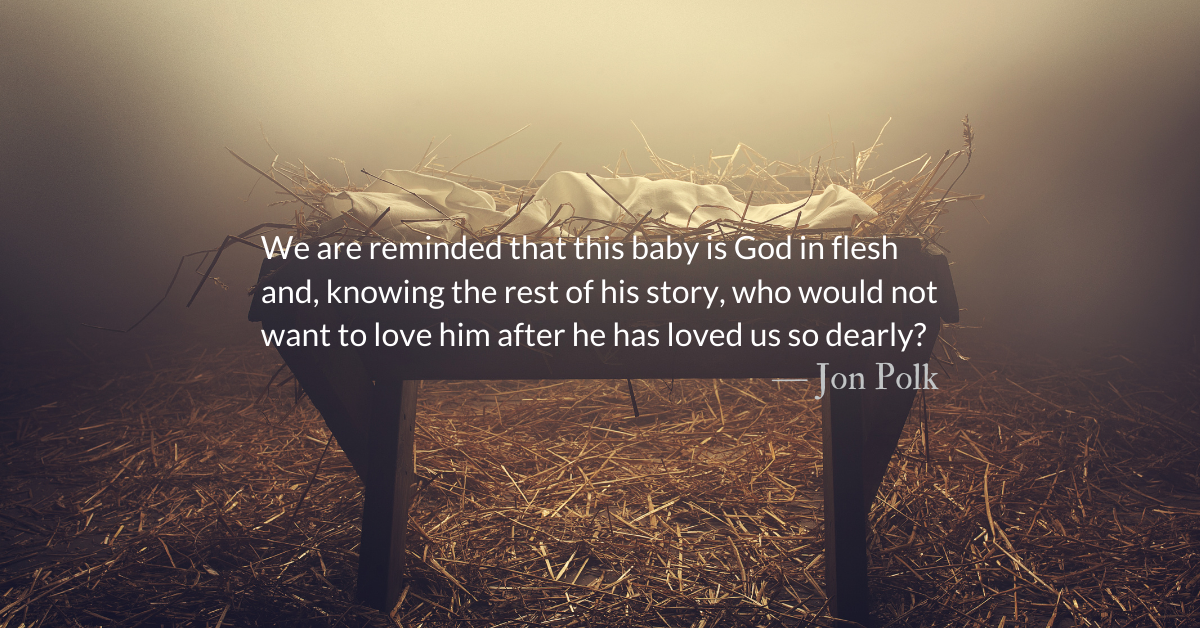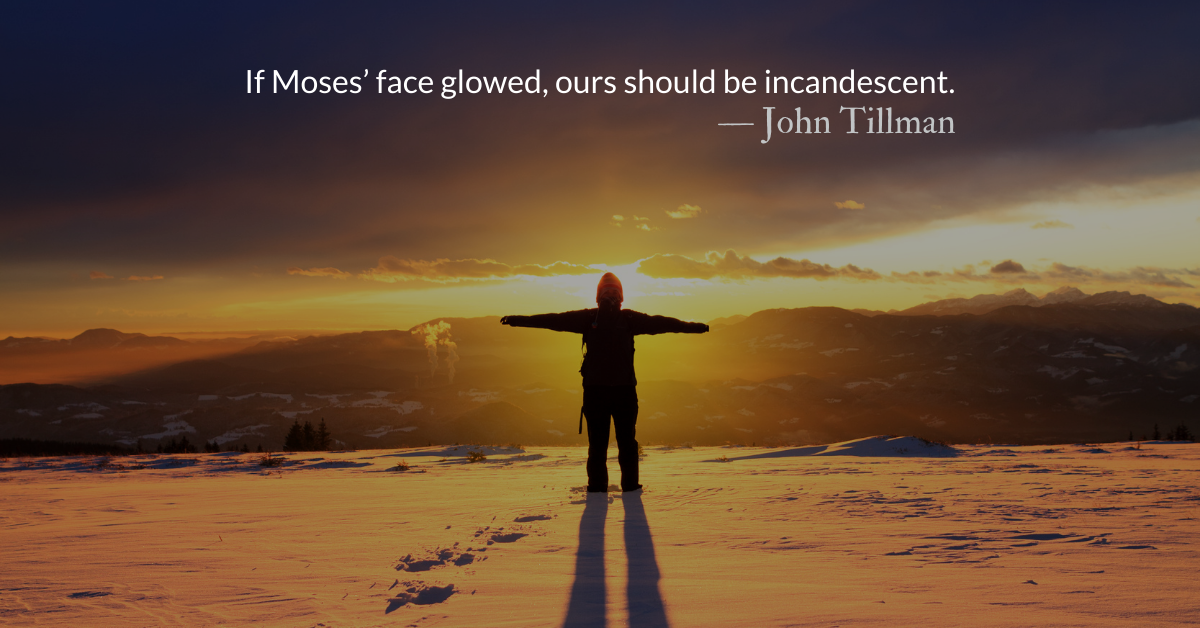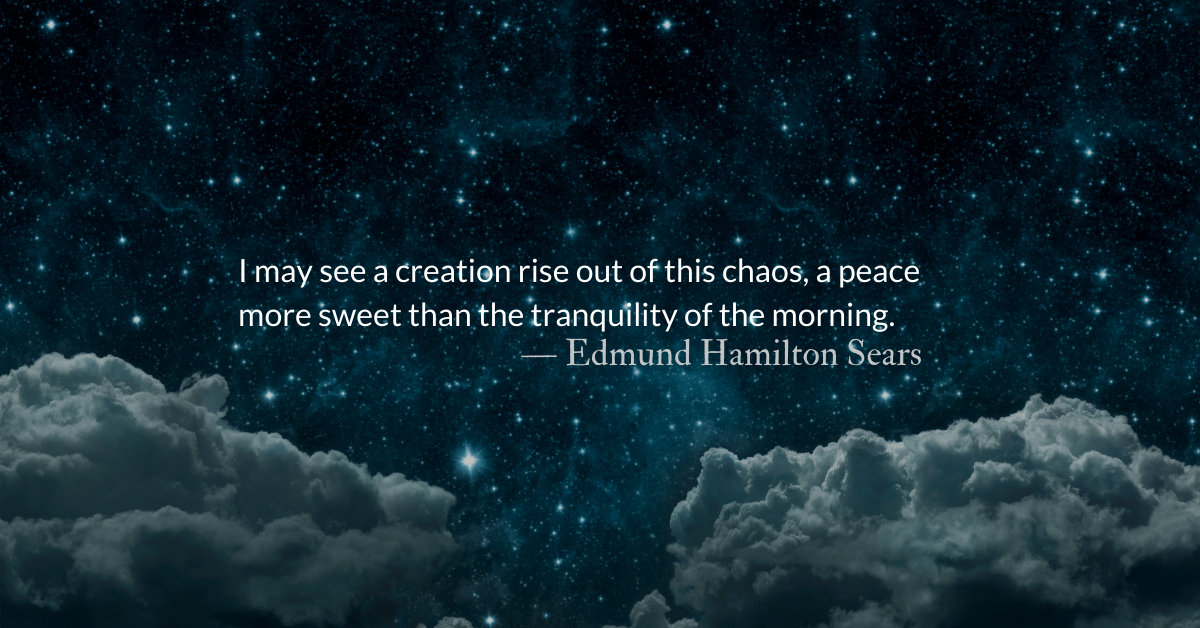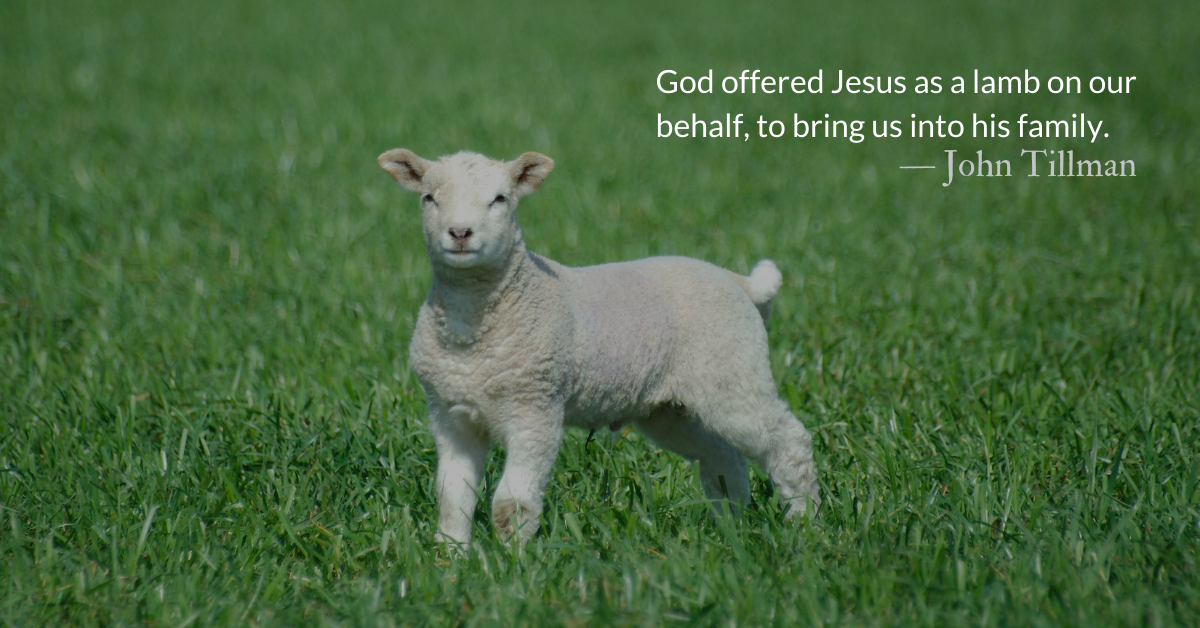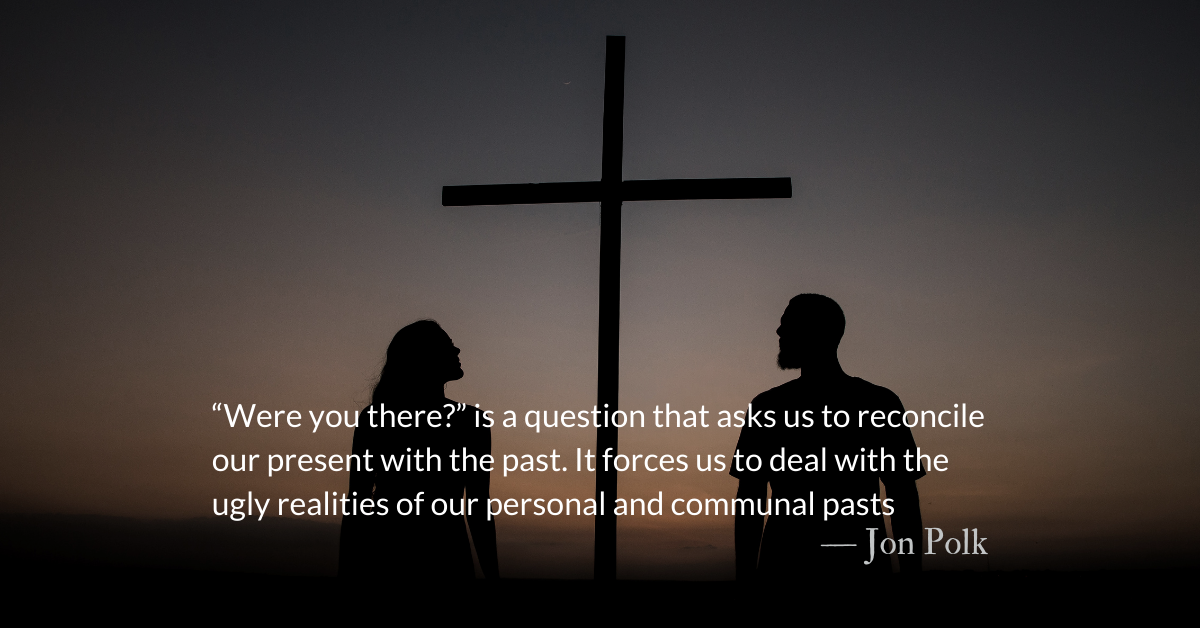Scripture Focus: Revelation 1:4b-6
4b Grace and peace to you from him who is, and who was, and who is to come, and from the seven spirits before his throne, 5 and from Jesus Christ, who is the faithful witness, the firstborn from the dead, and the ruler of the kings of the earth. To him who loves us and has freed us from our sins by his blood, 6 and has made us to be a kingdom and priests to serve his God and Father—to him be glory and power for ever and ever! Amen.
John 17:24-26
24 “Father, I want those you have given me to be with me where I am, and to see my glory, the glory you have given me because you loved me before the creation of the world.
25 “Righteous Father, though the world does not know you, I know you, and they know that you have sent me. 26 I have made you known to them, and will continue to make you known in order that the love you have for me may be in them and that I myself may be in them.”
Reflection: O Come All Ye Faithful — Carols of Advent Love
By Jon Polk
Adore, verb, /əˈdɔːr/: to love someone very much, especially in a way that shows a lot of admiration or respect. (Cambridge Dictionary)
“O Come All Ye Faithful,” is a timeless Christmas carol, beckoning the faithful who have sung it across the ages to join together with the shepherds and others who gathered in Bethlehem to celebrate the birth of the king!
O come, all ye faithful,
Joyful and triumphant,
O come ye, O come ye to Bethlehem;
Come and behold him, born the king of angels.
The original Latin text of the song is credited to John Frances Wade and consisted of the four verses commonly sung today. Wade was an English exile living in France, having fled due to discrimination against Roman Catholics in the mid-1700s.
Wade taught music at an English college and also hand copied chant and hymn manuscripts for private use by wealthy families. In the 1740s, he produced the song, “Adeste Fideles,” having either written the text himself or discovered words written by 13th-century Cistercian monks.
Three additional verses were later added by French Catholic priest Jean-François-Étienne Borderies, which give depth to the song. One verse describes the visit of the shepherds, one recounts the journey of the magi, and one centers all of us in the manger along with the holy child.
Child, for us sinners
Poor and in the manger,
Fain we embrace thee, with love and awe;
Who would not love thee, loving us so dearly?
Note that there is no comma after “sinners.” Punctuation matters. Instead of the “child poor and in the manger,” the structure suggests it is “us sinners poor and in the manger.” In our poor and wretched state, we are included in this intimate moment to embrace Jesus with love and admiration.
And who is this infant Jesus and why should we display such unbridled affection for him?
God of God,
Light of Light,
Lo, he abhors not the Virgin’s womb;
Very God, begotten, not created.
The song effortlessly reaches back through church history to 325 AD, mirroring the words of the Nicene Creed, “We believe in one Lord, Jesus Christ, the only Son of God, eternally begotten of the Father, God from God, Light from Light, true God from true God, begotten, not made, of one Being with the Father. Through him all things were made.”
We are reminded that this baby is God in flesh and, knowing the rest of his story, who would not want to love him after he has loved us so dearly?
So come, all ye faithful sinners poor and in the manger, come and love Jesus so very much, especially in ways that show your tremendous admiration and respect for him. Come. Come and love.
Listen: O Come All Ye Faithful by Take 6
Listen: Adeste Fidelis by Andrea Bocelli
Read: Lyrics from Hymnary.org
Divine Hours Prayer: The Call to Prayer
Know this: the Lord himself is God; he himself has made us, and we are his; we are his people and the sheep of his pasture. — Psalm 100.2
– From The Divine Hours: Prayers for Autumn and Wintertime by Phyllis Tickle.
Today’s Readings
2 Chronicles 10 (Listen – 3:01)
Revelation 1 (Listen – 3:43)
This Weekend’s Readings
2 Chronicles 11-12 (Listen – 6:00) Revelation 2 (Listen – 4:59)
2 Chronicles 13 (Listen – 3:56) Revelation 3 (Listen – 3:53)
Read more about Supporting our Work
We produce over 100,000 words a year to build up Christ’s body in the Word of God.
Read more about Ennobled by the Incarnation
Jesus is not a spirit-alien wearing a flesh-space-suit. Jesus is the most “real” human to ever have lived.

